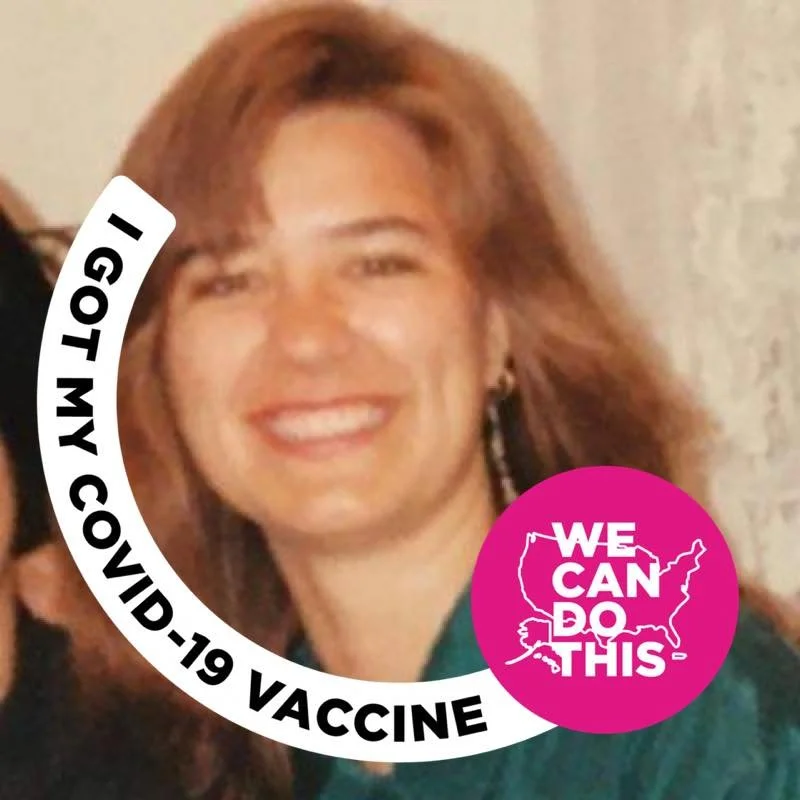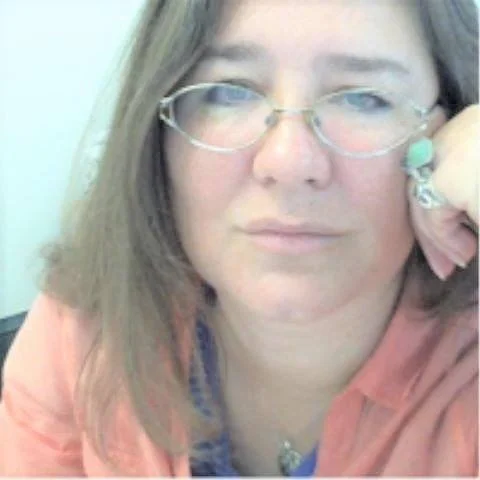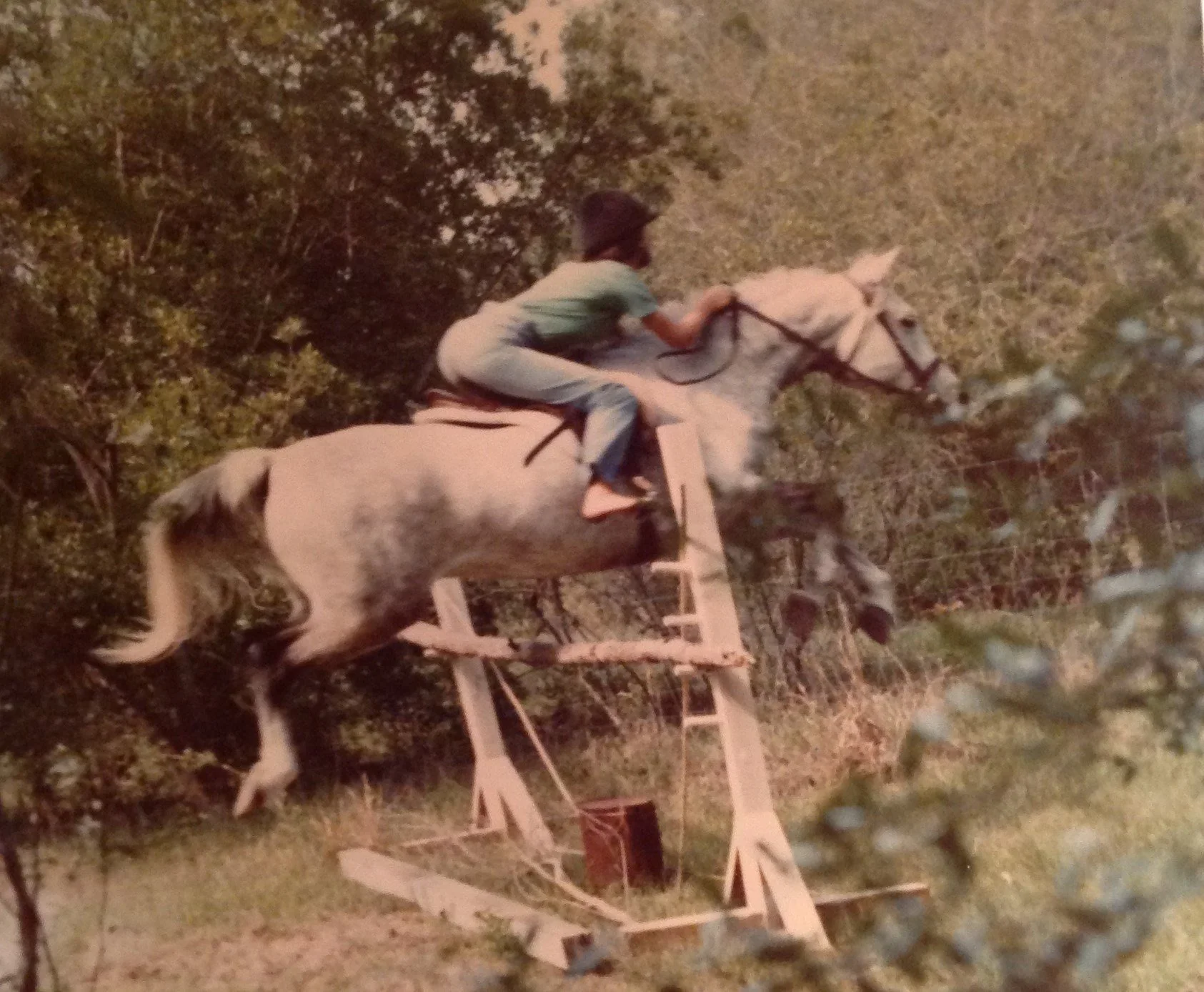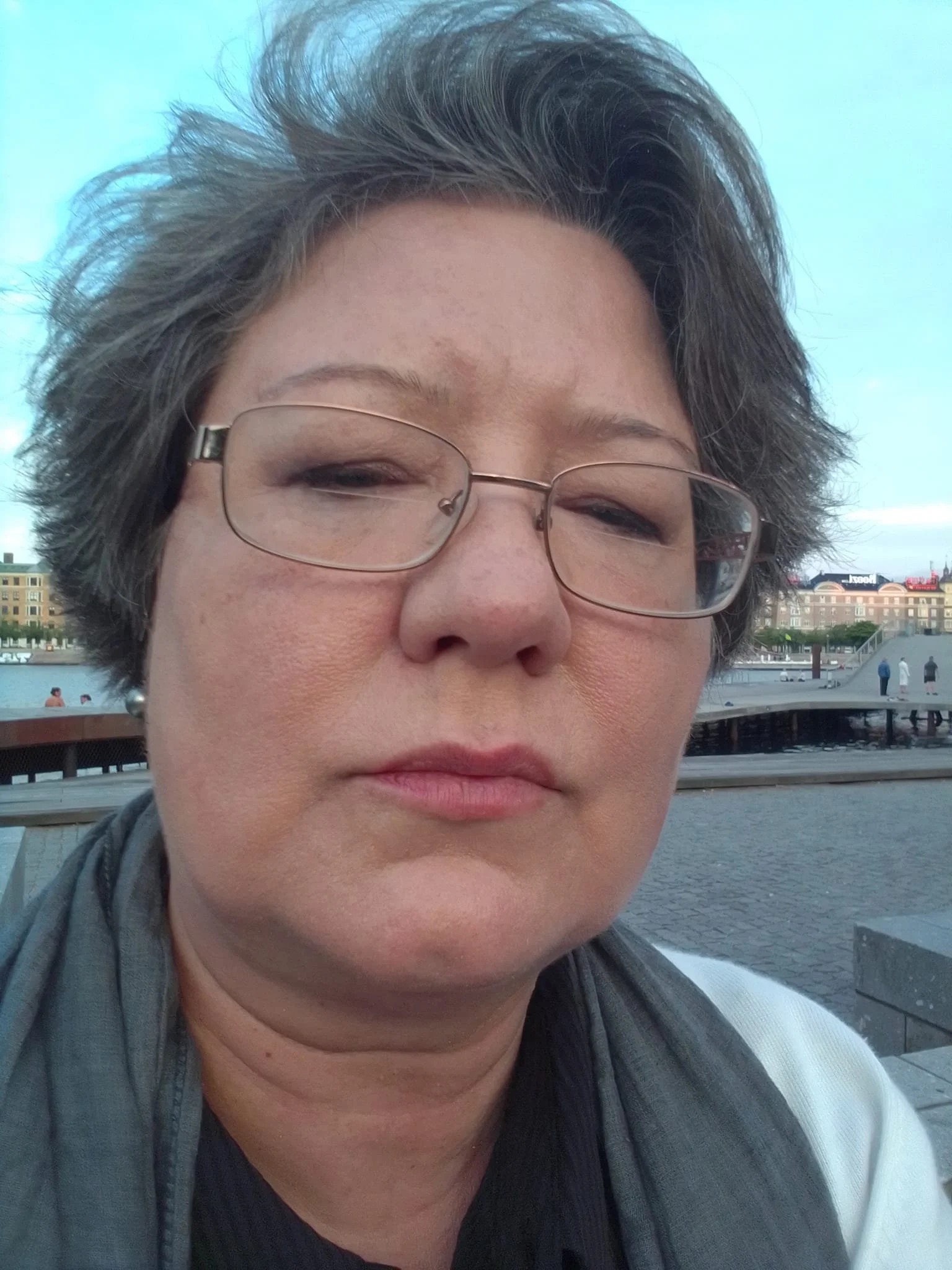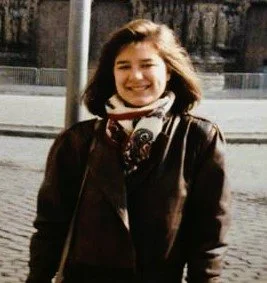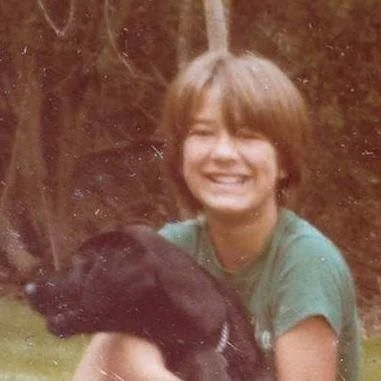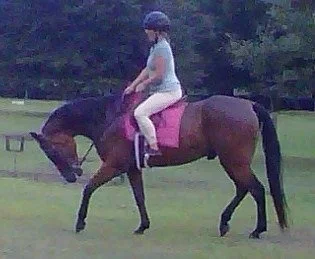Who we are
Community studies—whether Jewish Studies, Islamic Studies, Asian Studies, other regional-area studies, and more—frequently coheres around questions of identity politics. Like it or not, identity matters are often the hinge around which other political questions rotate across time and place, from decade to decade. Sometimes we avoid “who we are” questions. But when we do, we ignore the crux of many issues that matter to us in socio-political, everyday lived experience. Over the years, my students have asked me to tell them who I am. For some people it is an easy question to answer. Like many Americans, however, my heritage comes from several corners of the globe and does not fall in easy categories for some people: much of my family is from Asia. Asia is an enormous continent making up approximately 60% of the world population. There is overlap, and there is great difference across Asia.
My Father is Philippine, Spaniard (Europe), and American born in the USA. My Mother is also American born; she is from a family that is originally far northern and eastern Russian-Asian, who later migrated to parts of Scandinavia, Holland, Ireland, etc. They are both from royal families. It means that they are from very old families that can trace their heritage and lines back millennia. On the imaginative side, I like to say that my Mother is an original Viking, and that my Father is from one of the original ancient Chinese or Japanese dynasties. Their marriage was normal in East Asia but quite controversial (an understatement) in the USA in the 1960s before the end of Jim Crow. They took refuge in Alaska, which was a home to many Asian peoples, including Native Alaskan tribes, as well as mixed-ethnic and mixed-racial marriages. My Father is a direct descendant of Carlos Polestico Garcia, former President of the Philippines, and is thus related to many (likely most) East Asian old royal families. In Spain, Garcia Lorca was my Father’s great uncle, and Salvador Dali (part of his namesake) was a cousin to the family. My Mother is related to several European and Russian royal families who will remain unnamed. For those of my cousins, great aunts, great uncles, and others who still serve as royals, it is a service. It is hard work. And, like any political office, it can be draining and dangerous work. In my family, for each of us, as far as I know, the favored place is a yurt, cottage, or cabin in the most remote place possible on the northern Asian Steppes in leathers and traditional ethnic clothing as meaningful for each. Quiet is a blessing.
I was therefore born in central Alaska. I spent time traveling to Asia with my parents as a very little girl before I was adopted, as well as some time in an Inuit ice-fishing village. In Asia, we traveled to Mongolia, Kazakhstan, Nepal, and other countries, which had a lasting influence on my Asian identity.
I was sent for adoption just before age five due to political threats from various parts of the globe still hunting royal families and their children. The first threat came 30 minutes after my birth. Because of the anti-monarchy movement—still then and today outright threatening the guillotine—I do not see my family in order to keep them protected. If they cannot see me with my family, then they do not know who my family members are. I am not the only person with such ties who has to live this way. I hope that the continuing, worldwide Bolshevik and similar anti-royal movements will figure out a better path one day rather than endangering so many good people who helped to build a world to which many of them are only recently born. (Just my opinion….)
Being born in Alaska is like being born on top of the world. Being born on top of the world affects one’s perspective. Not unlike someone born in Stockholm or Oslo, my first view of the world was from a vantage—or standpoint—near the North Pole. Indeed, I was taken as a small child to North Pole, Alaska, to meet Santa Claus as a special treat. In my youth (until about 1987) my nickname was, “Patty.” A few people still call me that….
I grew up in Vermont and Florida, during which time I spent a year in Haiti in a French-Catholic convent day school learning French. I picked up a bit of Haitian Creole (now gone for the most part, although I still have an ear for it). I have visited countries in the Middle East, Europe, Asia, Africa, the Caribbean, South America, and Central America. I spent some time living in Israel, and in France.
I have lived in large metropolitan areas and in the most rural contexts imaginable. I often come across like a city girl (perhaps because I spent time in Paris), but I am a farm girl at heart. I grew up on a farm and love riding and training large ponies, and gardening vegetables, flowers, shrubs, flowering trees, and grasses. When I traveled with my parents on a long Asia tour as a small child, we went to Mongolia and rode Mongolian ponies across the Steppes. It was a life-directing experience for me. When I first read E.P. Thompson’s, Whigs and Hunters, regarding the 18th century UK debates on enclosures, I remembered the enclosure-free Mongolian Steppes and wild ponies.
I grew up in the country of Vermont and Florida. In Vermont we lived on a small farm with a few cows, horses, ponies, large dogs, and many chickens. I was trained in classical piano, classical literatures of England, the U.S., Russia, and a few works from the Philippines and Eastern Europe. I grew up on Dostoevsky, Tolstoy, Rachmaninoff, Mozart, Vivaldi, Ernest Hemmingway, and others. As a young girl, I made greeting cards that were sold to large greeting card companies; I do not paint or draw any longer, but I do still write poetry, short stories, plays, musicals, and the like. One book of poetry was once considered for a national-level prize (see vitae).
I play piano (rock and classical), and I sing (mezzo). My high school madrigal choir received blue ribbons at state championships two years in a row (in one of the country’s largest states, Florida).
I am a practicing Mahayana Buddhist. I have been either Taoist or Buddhist since either age 7 or age 12, depending upon how you count it, and albeit still influenced by Roman Catholicism of Spain and the Philippines. As a child, I had a Grandmother who was Roman Catholic, and Father who practiced many religions from Shinto to most world religions. We have cousins in the Buddhist, Hindu, Muslim, Jewish, Catholic, and Russian Orthodox worlds.
I am trained in historical institutionalism on the society, culture, and qualitative methods side (e.g., state-society relations, culture and institutions, and political ethnography).
My Doctorate is an interdisciplinary Ph.D. in Near East Languages and Civilizations—Modern Middle East Politics track—emphasizing qualitative, comparative, international, and historical institutional Political Science, International Studies, and some political-sociological and/or political-theoretical training (see vitae). My first two degrees are in Religions (M.A. Islam and Judaism; B.A. Judaism and Islam). I studied as an overseas student at Paris I - Sorbonne (Woods) and American University of Paris (Woods). I have been a Visiting Scholar at Harvard University’s Center for Middle Eastern Studies (Woods); Hebrew University’s Department of Political Science (Woods); Tel Aviv University’s Department of Sociology and Anthropology (Woods); and elsewhere, during either faculty or graduate student years. I have received national-level fellowships, grants, and awards (see vitae) and have served on national-level fellowship committees or review panels.
I believe that the Answer to most questions (even many religious questions) is Education and that we are each responsible to educate ourselves to the greatest extent possible—and within our reach—as country and world citizens: Knowledge is a foundation for Wisdom; Wisdom is a foundation for the power sharing and mutual understanding often necessary for coexistence. War is sometimes necessary and important. But most soldiers I have met prefer peace to war when it is possible.
